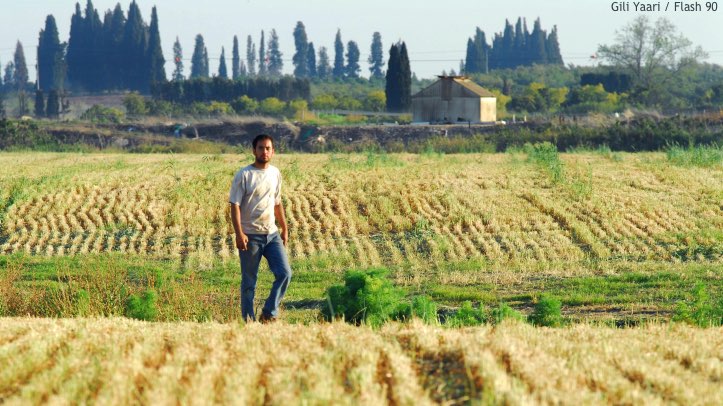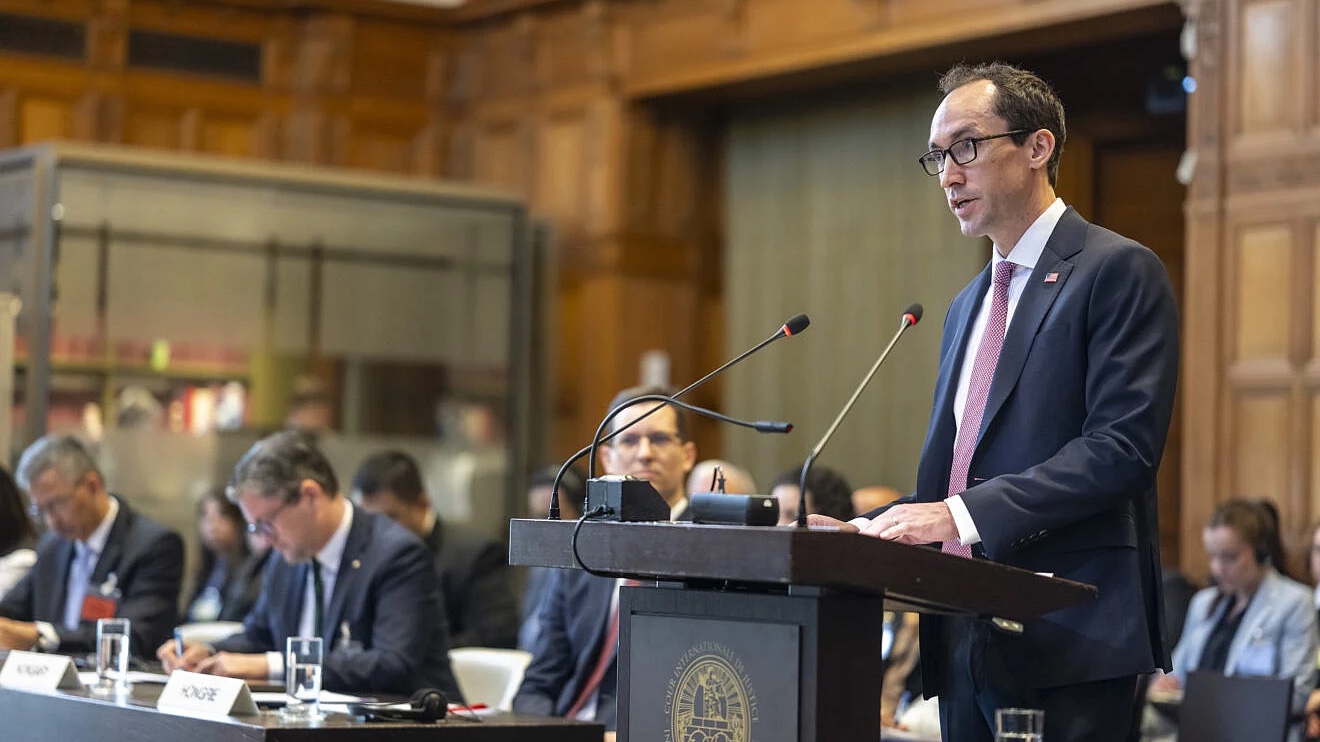We know, the common perception is that Israeli soldiers think of nothing but oppressing and abusing poor Palestinian Arabs. The reality is that Israel's is one of the most humane armies on earth.
In fact, a great many Israeli soldiers take the skills they were taught in the IDF and use them to the benefit of all mankind.
Case in point is a local start-up called NRGene, founded by former members of the IDF's celebrated 8200 cyber-warfare unit.
For decades, geneticists the world over had toiled to map the genome of bread wheat. So tedious had the effort become (the wheat genome is five times the size of the human genetic code) that many scientists had written it off as an insurmountable task.
That's when NRGene stepped in. Already some of the best in the world at cracking complex computer codes, they decided to take a swing at the genetic code of wheat.
Within a matter of months, NRGene had succeeded in mapping the genome of a local variety of wheat known as wild Emmer.
That was in 2015, and it was hailed by researchers from the universities of Haifa and Tel Aviv, who are participants in the International Wheat Genome Sequencing Consortium, as a major breakthrough.
Just last week, the Consortium finally published the first-ever complete sequence of the bread wheat genome. NRGene's role in this accomplishment, which some are calling as equally important as the domestication of wheat thousands of years ago, cannot be overstated.
But, why is this so important?
The scientists involved, as well as researchers in many other fields, have been warning for years of a looming food shortage crisis. The world's population growth is fast outpacing the production of food.
Successfully mapping the wheat genome will now allow scientists and farmers to manipulate and develop varieties that are more resistant to hostile climates and adverse growing conditions, and produce greater yields.











